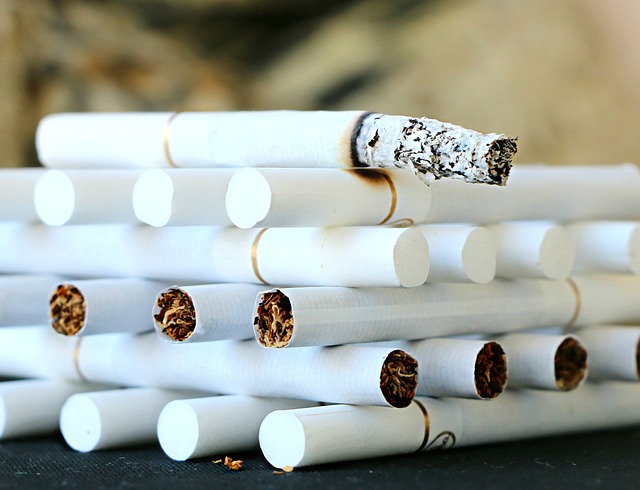Title: Portugal’s Smoking Ban and Tobacco Sales Restrictions
Introduction: Portugal has taken significant steps towards promoting public health by implementing a comprehensive smoking ban and introducing restrictions on tobacco sales. These measures aim to protect citizens from the harmful effects of smoking and create a healthier environment. This article explores the details of Portugal’s smoking ban and the implications of the restrictions on tobacco sales.
The Smoking Ban: Portugal’s smoking ban prohibits smoking in most public places, including indoor areas of restaurants, bars, cafes, and workplaces. The ban extends to public transportation, outdoor spaces near schools and hospitals, and playgrounds. By implementing this ban, Portugal aims to reduce exposure to second-hand smoke, encourage smokers to quit, and deter young people from taking up smoking.
Tobacco Sales Restrictions: In addition to the smoking ban, Portugal has implemented restrictions on tobacco sales. These measures include banning the display of tobacco products in stores, prohibiting the sale of tobacco products in vending machines, and establishing minimum pack sizes for cigarettes. These restrictions aim to discourage impulse purchases and limit access to tobacco products, particularly among vulnerable populations, such as minors.
Public Health Implications: The smoking ban and tobacco sales restrictions have significant public health implications. By creating smoke-free environments, the ban protects non-smokers from the harmful effects of second-hand smoke, reducing the risk of respiratory issues, heart disease, and cancer. The restrictions on tobacco sales aim to discourage smoking initiation, especially among young individuals, and promote a decline in overall smoking rates within the population.
Support and Challenges: The smoking ban and tobacco sales restrictions in Portugal have garnered support from public health advocates, anti-smoking organizations, and individuals concerned about the consequences of tobacco use. These measures align with international efforts to curb smoking-related health issues. However, there may be challenges in enforcement, resistance from the tobacco industry, and adjusting to the changes for businesses affected by the ban.
Encouraging Smoking Cessation: Alongside the smoking ban and sales restrictions, Portugal is also focused on supporting smoking cessation efforts. The country offers various resources, such as helplines, counseling services, and smoking cessation medications, to assist individuals in quitting smoking. These initiatives complement the comprehensive approach taken by Portugal to reduce smoking rates and improve public health.
International Significance: Portugal’s smoking ban and tobacco sales restrictions contribute to the global movement towards creating smoke-free environments and reducing tobacco consumption. These measures align with international guidelines and recommendations from organizations such as the World Health Organization (WHO). Portugal’s efforts serve as an example for other countries seeking to implement similar measures to protect public health and reduce the burden of smoking-related diseases.
Conclusion: Portugal’s smoking ban and tobacco sales restrictions represent significant strides in safeguarding public health and reducing the impact of smoking. By creating smoke-free environments and implementing sales restrictions, Portugal aims to improve the well-being of its citizens and contribute to global efforts in combating tobacco-related health issues. As these measures are implemented and enforced, their effectiveness will be closely monitored, potentially inspiring other nations to adopt similar strategies to protect public health.












